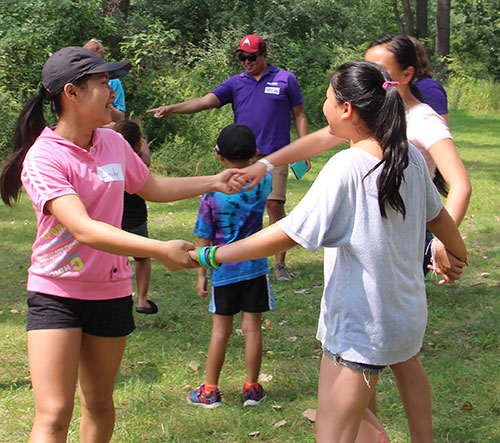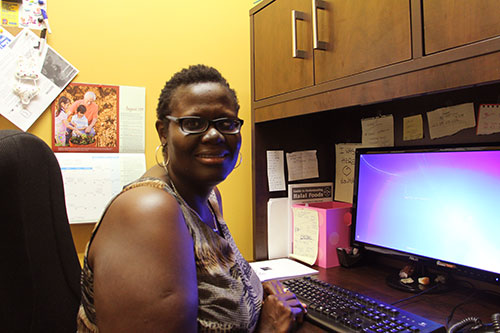
What back-to-school season means for a child living at Nellie’s
Currently there are about 10 kids living at Nellie’s. Each one of them will be heading back to school in September, meaning each one will need school supplies. Some will have also grown over the summer months and will need new clothes and shoes.
While we are fortunate to frequently partner with organizations that donate much-needed school supplies (such as backpacks, lunch bags, pens, pencils, crayons and rulers), we simply aren’t able to give every child everything they need for school. And the best thing we can receive from our generous community to help fill that gap are gift cards to stores such as Walmart. With that, we can give it directly to a mother in our shelter who can then buy her child exactly what they’re missing for school. One of the biggest purchases the moms in our shelter usually need to make are new shoes for growing feet.
“We never know who is coming into the shelter and what shoe size their kids are, so it’s always good if we can give mom a way for her to buy exactly what she needs. Otherwise, with something like gym shoes, we have to go through our donations and we may not have the size that child needs,” says Anna Morgan, Shelter Manager.
“We also have our community clients too and sometimes they come in to our community office and they can’t afford something for their kid so we try to put together some supplies. They have lots of needs as well and we try as best we can to help them too.”
Some of the kids heading back-to-school have been living at Nellie’s for several months and are returning to our local school. Others may have recently arrived at the shelter and that means they are getting ready to start a new school—away from their friends, their community and everything they are familiar with. Moving into the shelter with their mom has meant leaving their home and much of what they had before.
To help ease the transition, we work with each child to talk about the move from their old school to our local school, and what they can expect when they get there. Our shelter staff also work directly with our local schools to help moms complete the registration forms, transfer transcripts and create a safety plan. A mother and her child who are fleeing violence need to ensure that the child’s school is not only aware of the situation (and any potential behavioural problems that may arise as a result of the trauma experienced) but also knows how best to protect that child.
“If you’re a child in a different situation than you were before, it can be a difficult adjustment,” says Anna. “We try out best to support the kids in our shelter so that they have equal opportunities, which makes their transition to the shelter and to a new school a little easier.”




